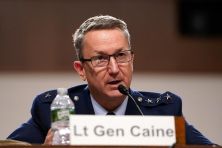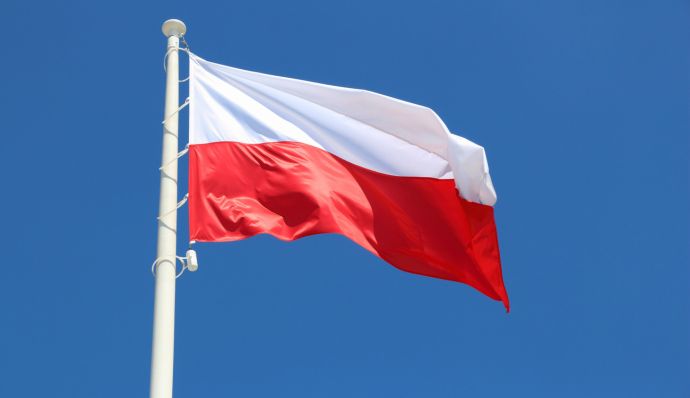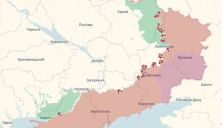Kosińska-Kamiś stated that Poland could serve as a “transatlantic link” to bridge the gap between Trump’s challenge and its implementation in Europe. Poland is currently leading NATO in defense spending, allocating 4.7% of its GDP this year—the highest among member states. In contrast, only 23 of NATO’s 32 members have met the 2% GDP spending target, with Italy and Spain lagging significantly.
The minister described Trump’s proposed target as “an important wake-up call” for the Alliance, adding, “It will take another decade to achieve Trump’s goal, but he shouldn’t be criticized for setting an ambitious target. Without it, some countries will continue debating the necessity of increased spending.”
Poland doubled its defense budget after Russia’s 2022 invasion of Ukraine, investing billions in weapons from the U.S. and South Korea due to its proximity to Russia.
In comparison, Italy has struggled to meet even the 2% target, citing its high debt and the need to control public spending. Rome’s request to exclude military expenses from deficit calculations has been rejected. Spain, meanwhile, spends only 1.28% of its GDP on defense, making it NATO’s lowest spender. Despite pledging to reach 2% by 2029, Spain’s progress appears doubtful.
Poland intends to leverage its six-month EU presidency, which began on January 1, to push for €100 billion in defense spending in the next EU budget. Negotiations for the 2028–2035 budget period will begin this year.
Last year, the European Commission proposed a €1.5 billion defense industry development program, which Kosińska-Kamiś dismissed as insufficient. He plans to present Poland’s more ambitious proposals during a meeting on Monday with representatives from Germany, France, Italy, and the United Kingdom.
“If we could afford debt to recover from Covid, we must find the money to protect ourselves from war. Not everyone shares this view, but Poland does. We must also remember that some major European countries were wrong about Russia,” the minister emphasized.
Read also: Polish Justice Minister: Access Roads to the Polish-Ukrainian Border Should Not Be Blocked













